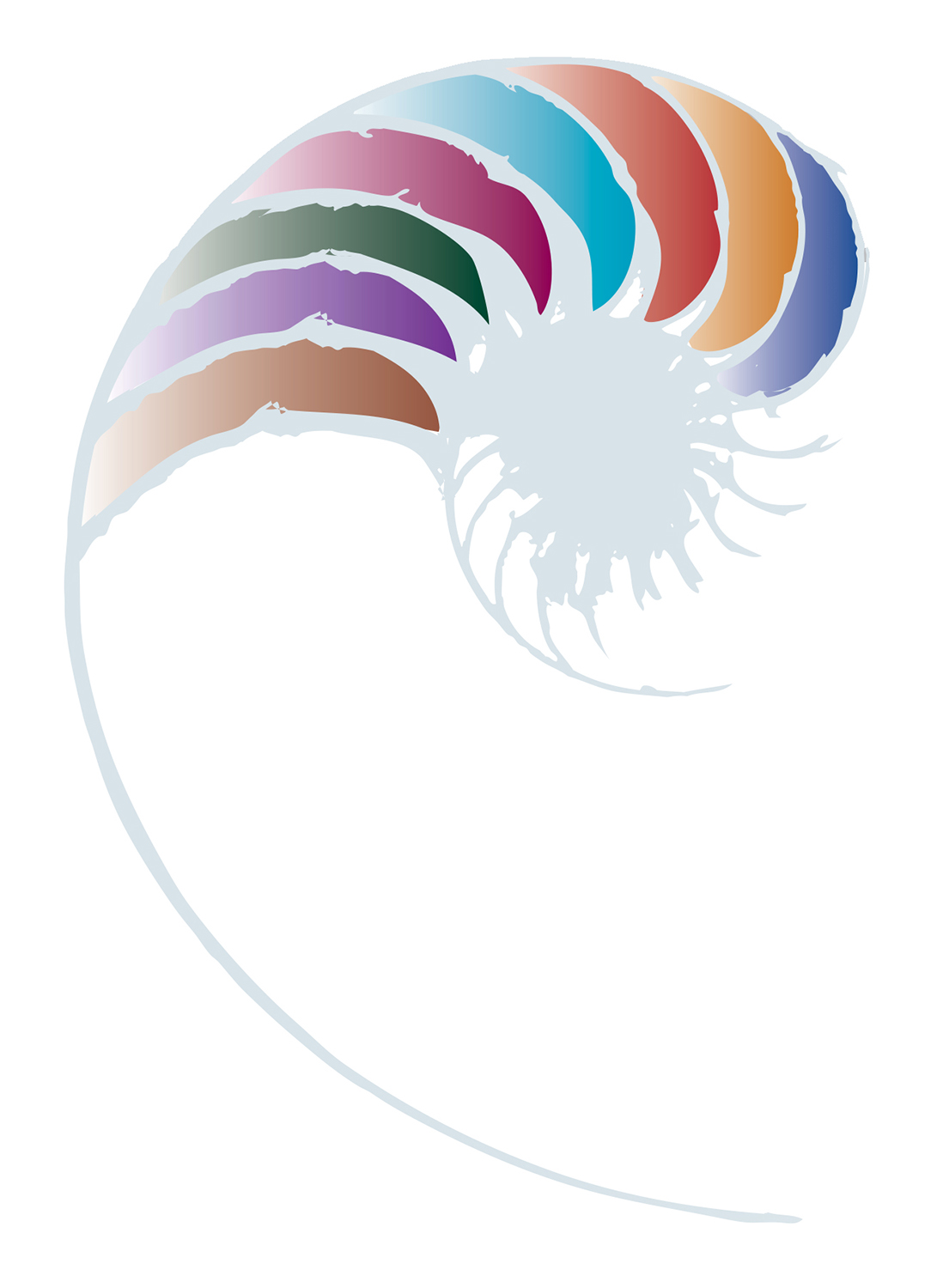Kaupapa whakahaere
Principles
Tū mai e moko. Te whakaata o ō mātua. Te moko o ō tīpuna.
Strand strong, O moko. The reflection of your parents. The blueprint of your ancestors.
Te Whāriki, the early childhood curriculum, is underpinned by four principles. These are the foundation of curriculum decision making and a guide for every aspect of pedagogy and practice:
- Whakamana | Empowerment - Mā te whāriki e whakatō te kaha ki roto i te mokopuna, ki te ako, kia pakari ai tana tipu | Early childhood curriculum empowers the child to learn and grow
- Kotahitanga | Holistic development - Mā te whāriki e whakaata te kotahitanga o ngā whakahaere katoa mō te ako a te mokopuna, mō te tipu o te mokopuna | Early childhood curriculum reflects the holistic way children learn and grow.
- Whānau tangata | Family and community - Me whiri mai te whānau, te hapū, te iwi, me tauiwi, me ō rātou wāhi nohonga, ki roto i te whāriki, hei āwhina, hei tautoko i te akoranga, i te whakatipuranga o te mokopuna | The wider world of family and community is an integral part of early childhood curriculum.
- Ngā Honongā | Relationships - Mā roto i ngā piringa, i ngā whakahaere i waenganui o te mokopuna me te katoa, e whakatō te kaha ki roto i te mokopuna ki te ako | Children learn through responsive and reciprocal relationships with people, places and things.
In early learning services the four principles of Te Whāriki are woven together with the following five strands to support effective local curriculum for tamariki:
- Mana atua | Wellbeing
- Mana tangata | Contribution
- Mana whenua | Belonging
- Mana reo | Communication
- Mana aotūroa | Exploration
For more detail about the principles, click on the link below. You can also find resources to you implement the principles of Te Whāriki in the Te whakatinanatanga o ngā mātāpono | Principles in action section of Te Whāriki Online (under 'Design your curriculum').




